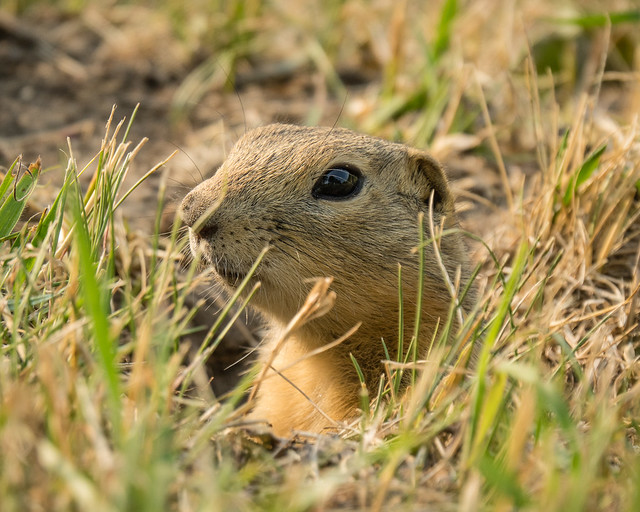Tuesday, 3 April 2018
EcoSask News, April 3, 2018
This week’s news stories range from moose in the city and boxelder bugs to the importance of reclaiming the land when a coal mine closes. Enjoy!
Upcoming Events
Repair Café, Apr. 7 (Prince Albert)
Get help repairing household appliances, electronics, clothing, and furniture at Repair Café Prince Albert from 1-4 pm, Apr. 7.
Public Pastures Public Interest AGM, Apr. 7 (Regina)
Public Pastures Public Interest is holding their annual general meeting from 1-5 pm, Apr. 7. Join the discussion on current issues and future options for Community Pastures and other Crown grasslands.
Animal Sanctuary Tour, Apr. 8 (Moose Jaw)
Contact the Moose Jaw Nature Society if you want to join them on a tour of the Free To Be Me Animal Sanctuary from 11 am-1 pm, Apr. 8.
Household Hazardous Waste Day, Apr. 8 (Saskatoon)
You can dispose of household hazardous waste in Saskatoon from 9 am – 3:30 pm, Apr. 8.
Town Hall on Climate Change, Apr. 9 (Saskatoon)
Climate Justice Saskatoon is hosting a town hall meeting from 6-9 pm, Apr. 9, to discuss meaningful climate solutions in Saskatchewan.
Looking Ahead
Saskatoon’s Wild Side, Apr. 22 (Saskatoon)
Wild About Saskatoon is inviting individuals and community groups to help show off the wild side of Saskatoon by hosting an event during the 2018 NatureCity Festival, May 22-27. Submit your applications before Apr. 22.
Nature Saskatchewan Spring Meet, June 8-10 (Coronach)
Join Nature Saskatchewan June 8-10 for their spring meet in Coronach. There will be a bus tour of the Big Muddy Valley and Naomi and Jon Gerrard will give a presentation entitled “Learning from 50 Years with the Bald Eagles of Saskatchewan's Boreal Forest”.
A full list of upcoming events can be found on the EcoFriendly Sask Calendar
In the News
University of Regina journalism students, in partnership with the National Observer, Toronto Star, and Global News have won an award for a documentary about the money and influence of Saskatchewan’s oil industry.
Boxelder Bugs - "there's a lot more to these little critters than you might think."
Saskatchewan's climate change strategy sets its sights on reducing emissions from large industrial emitters but doesn't tackle emissions from smaller industries according to Brett Dolter, University of Regina ecological economist.
Better food sources and lack of predators means moose are migrating to the prairies - and even the cities.
Last Mountain Lake National Wildlife Area is at the heart of North America’s central flyway, attracting hundreds of thousands of migrating birds each spring and fall.
Land reclamation is a key element of restoring communities when coal mines shut down.
Upgrades to Saskatoon’s Royal University Hospital almost doubled the expected savings from energy, water, and operational improvements.
EcoSask News is a weekly round-up of local news and events. Email us if you have items you would like us to include.
You can follow EcoFriendly Sask by liking us on Facebook, following us on Twitter, or by email (top right corner).
Labels:
Birds,
Climate Change,
Coal,
Films,
Grasslands,
Hospital,
Insects,
Moose Jaw,
Oil,
Prince Albert,
Regina,
Repair,
Saskatchewan,
Saskatoon,
Waste,
Wild about Saskatoon

